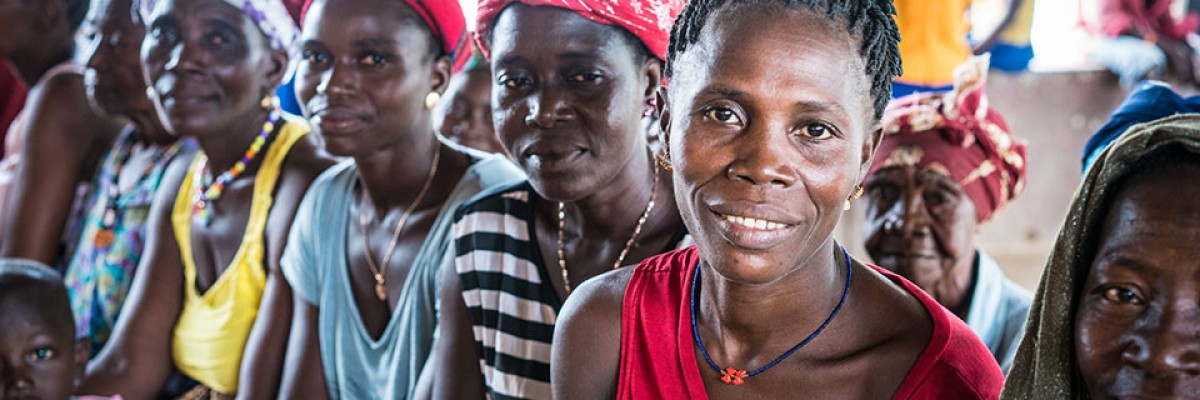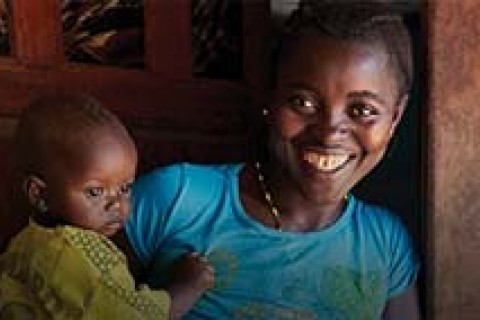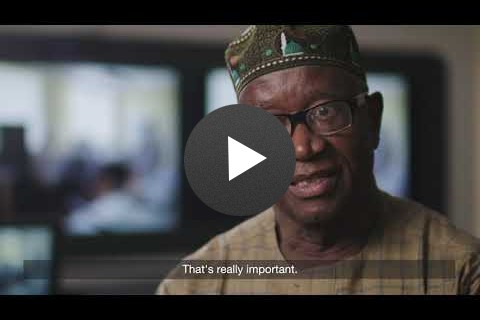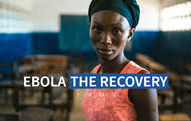Sierra Leone has moved from conflict to stability, holding four presidential and general elections between 2002 and 2018, including changes in government. These steps forward in Sierra Leone’s democratic progression are accompanied with high hopes for a disciplined leadership, integrity, efficiency and economic prosperity.
The country’s population (7.1 million people) is very young with 45.8% under the age of 15, and 74.8% below age 35. The economy remains centered on agriculture, which is the main source of livelihood for around 50% of the adult working population, making economic diversification in the country exceptionally difficult. The Government of Sierra Leone is working to move the agriculture sector from subsistence levels to greater productivity and higher value market crops. Huge investments have been made in the health and education sectors in order to spur improvements in child and maternal mortality, and in educational access and outcomes, which will allow Sierra Leone to harness the full potential of its human capital.
Notwithstanding these advantages, reforms and initiatives, Sierra Leone still needs to find solutions to high youth unemployment, fight against corruption and weak governance. Adding to these challenges are customary laws, institutional and economic barriers and widely held cultural and social beliefs acting as significant ongoing barriers to women’s full integration into the decision-making sphere at the household, community and national levels.
USAID works closely with the Government of Sierra Leone and other donors to ensure that basic socio-economic and health services are accessible to those most in need and Sierra Leone is resilient and prepared to respond adequately to future public crises.






Comment
Make a general inquiry or suggest an improvement.